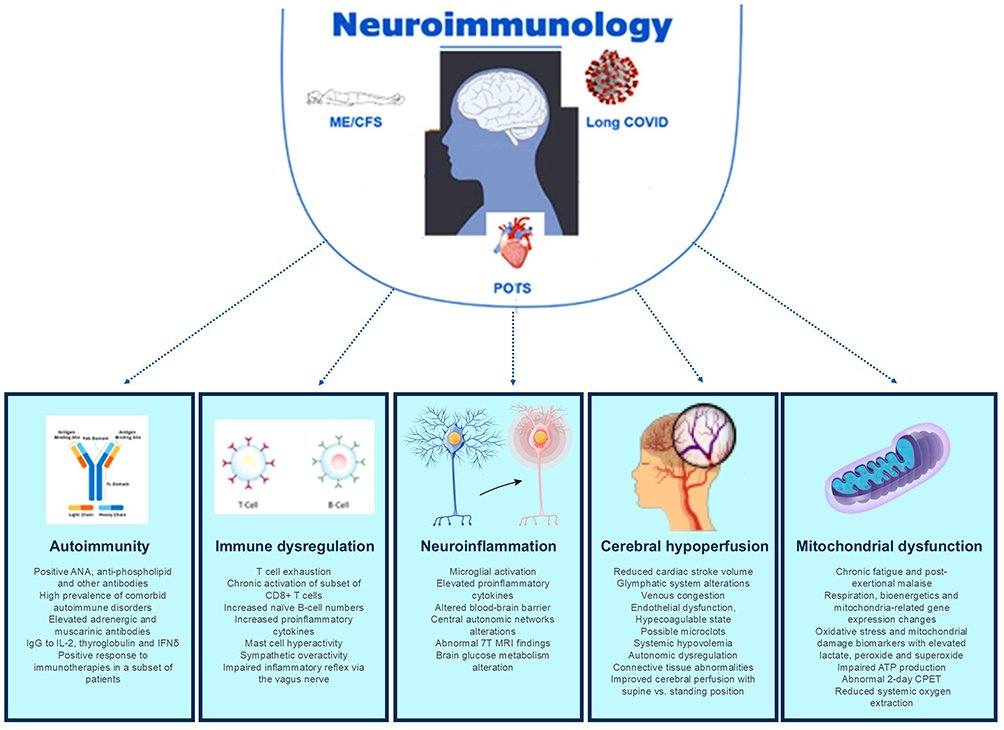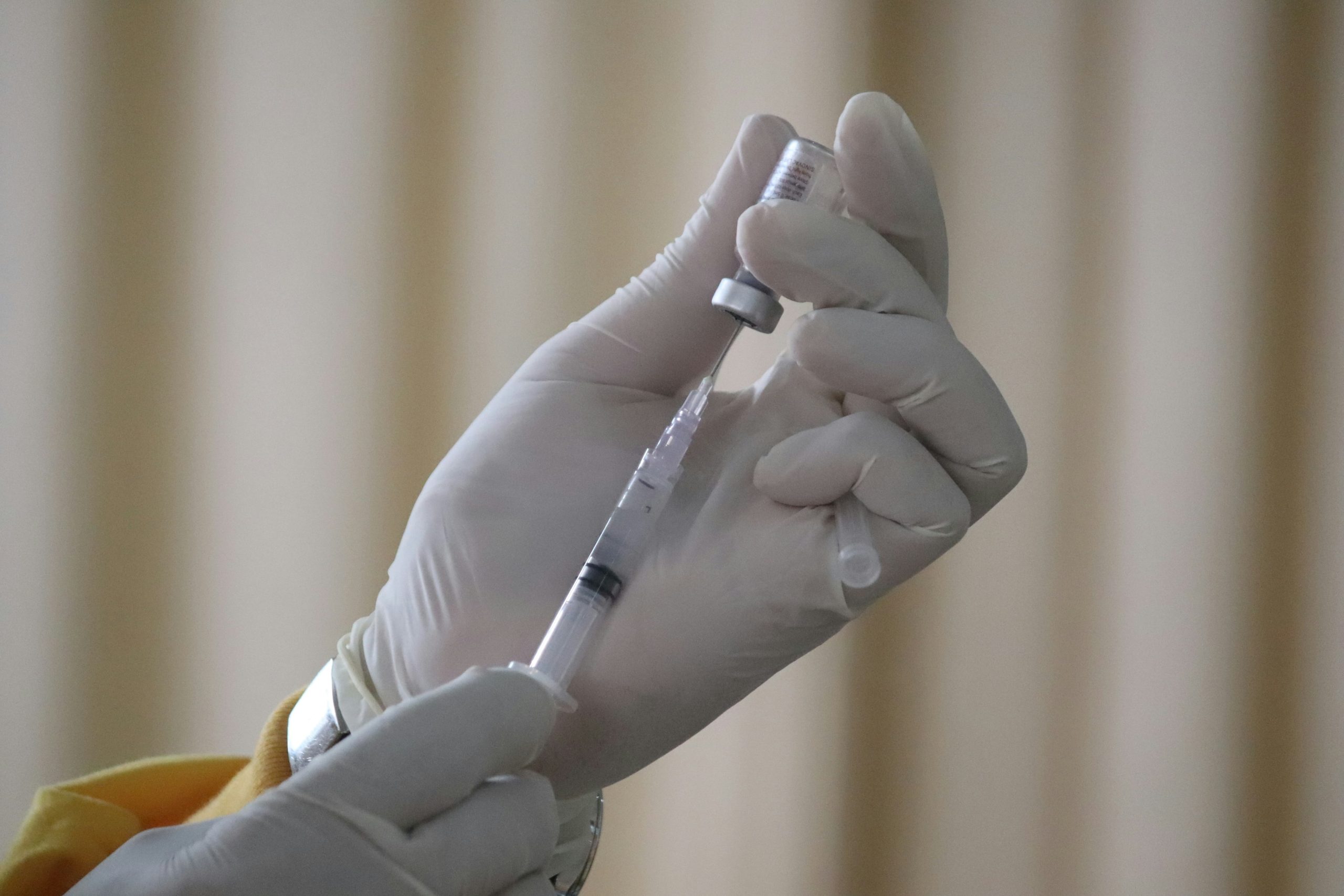No products in the basket.

COVID Is Airborne: Explainer Video on Airborne Transmission
Durham County Department of Public Health have produced a great video demonstrating that covid and many other viruses are airborne. The video is less than two minutes long. An airborne virus is a virus that can infect other people through particles in the air, sometimes for hours after the sick person has left the area! […]
Read more



